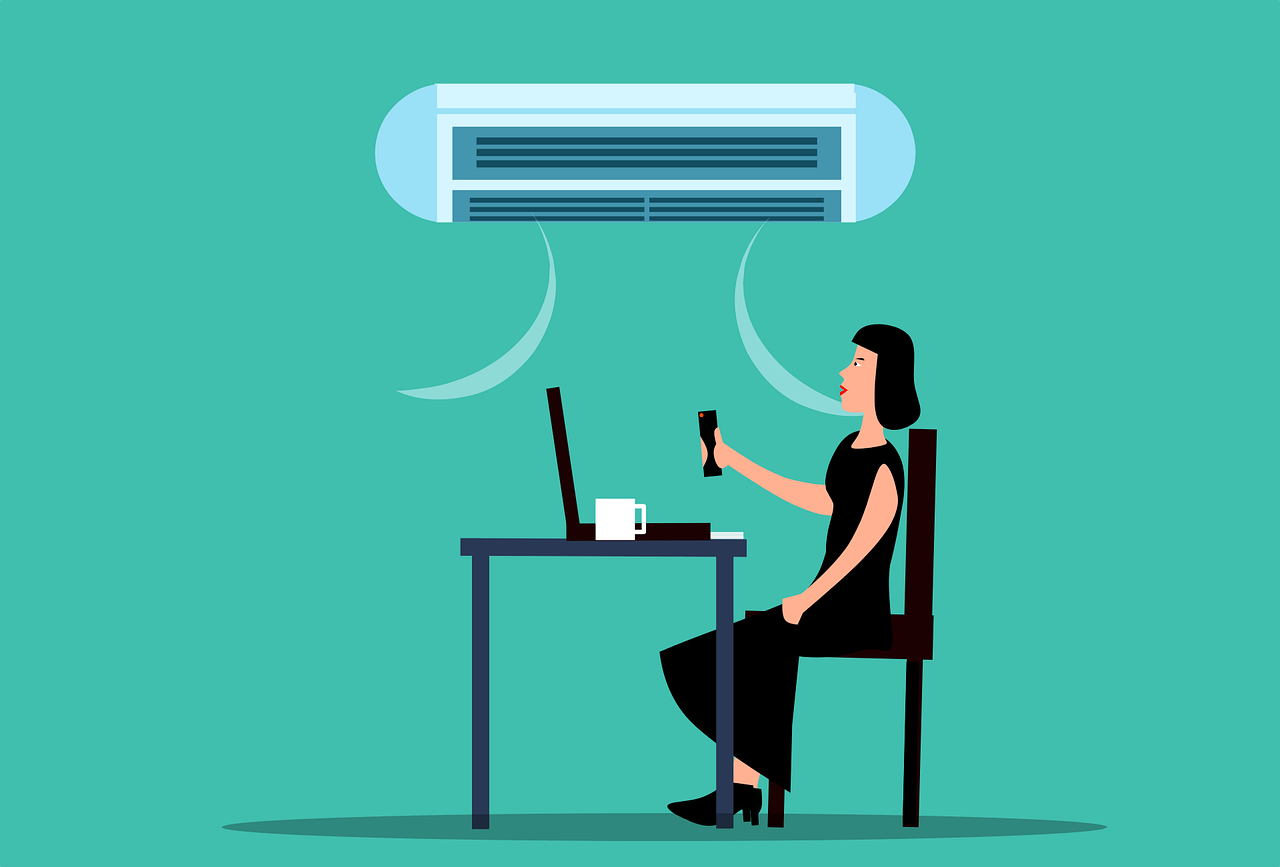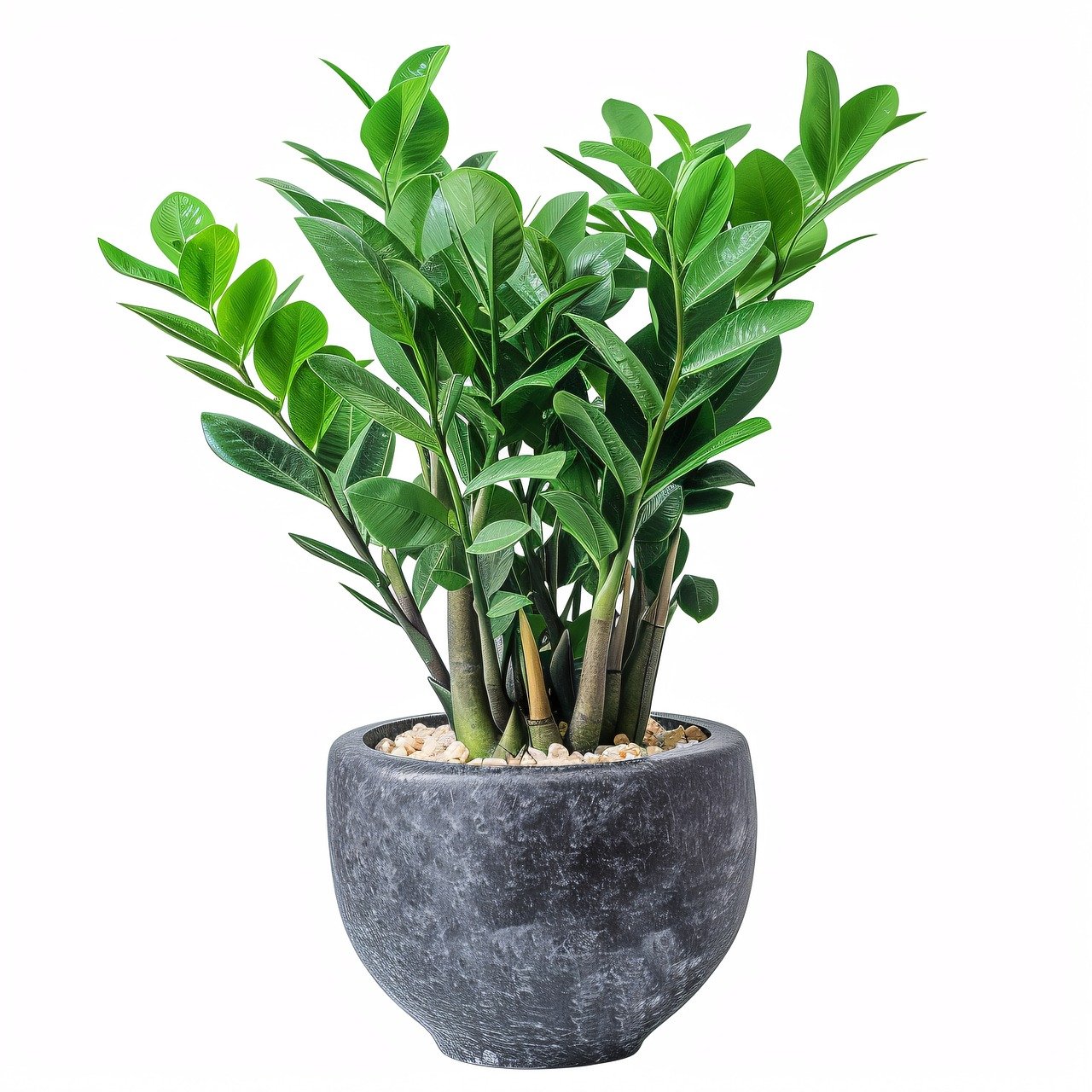Physical Address
304 North Cardinal St.
Dorchester Center, MA 02124
Physical Address
304 North Cardinal St.
Dorchester Center, MA 02124

Imagine breathing in air so clean, it feels like a fresh mountain breeze has somehow found its way into your living room. With the utilization of an air purifier in your home, this fantasy can easily become your reality. “Clearing the Air: The Benefits of using an air purifier in Your Home” explores the transformative impact these devices can have on your personal space, from eliminating harmful pollutants and allergens to enhancing your overall well-being. By integrating an air purifier into your lifestyle, you’re not just improving the air quality around you; you’re also making a commitment to a healthier, more invigorating living environment for you and your loved ones.

An air purifier is a device designed to clean the air in a room or a specific area. Its basic function is to remove contaminants from the air, making it healthier and more comfortable to breathe. This is particularly beneficial if you suffer from allergies, asthma, or any other respiratory conditions. Through a variety of methods, air purifiers can target dust, pollen, pet dander, smoke particles, and even odors, ensuring the air you breathe is as clean as possible.
There are several types of air purifiers, each working in a unique way to clean the air. Mechanical filters, like High-Efficiency Particulate Air (HEPA) filters, physically trap particles as air passes through them. Activated carbon filters absorb odors and gases, while UV lamps use ultraviolet light to kill pathogens and microorganisms. Ionizers emit charged particles that attach to and neutralize airborne contaminants. Each type has its strengths, and some air purifiers combine these technologies to enhance their effectiveness.
The heart of most air purifiers is their filters. HEPA filters are highly effective at capturing tiny particles, while activated carbon tackles unpleasant odors and volatile organic compounds (VOCs). UV lamps add a layer of protection by destroying microorganisms, and ionizers help in removing airborne pollutants. Regular maintenance and filter replacement are crucial to keep your air purifier functioning at its best.
Indoor air quality directly affects your health. Poor air quality has been linked to a range of health issues, from minor irritations like headaches and fatigue to serious conditions such as respiratory diseases and heart problems. By removing airborne pollutants, air purifiers can significantly improve the quality of indoor air, contributing to better overall health and wellbeing.
Common indoor air pollutants include dust mites, pollen, mold spores, pet dander, tobacco smoke, and VOCs emitted from paints, furniture, and cleaning chemicals. These pollutants can accumulate to harmful levels, especially in well-insulated homes with little ventilation, making air purifiers an essential tool in maintaining a healthy indoor environment.
Exposure to poor air quality can lead to a variety of health problems. Respiratory issues such as asthma and allergies can be exacerbated, and long-term exposure can contribute to more serious conditions like lung disease and heart problems. Even short-term effects like eye irritation, headaches, and dizziness can disrupt your daily life, highlighting the importance of clean indoor air.

Allergens in the home can include pollen, dust mites, pet dander, and mold spores. These substances can trigger allergic reactions and asthma attacks, making it difficult for individuals with sensitivities to enjoy comfortable indoor environments.
Air purifiers equipped with HEPA filters are especially effective at trapping allergens. These filters can capture particles as small as 0.3 microns with 99.97% efficiency, including most airborne allergens. By continuously cycling the air in a room through these filters, air purifiers can significantly reduce the concentration of allergens, providing relief to allergy sufferers.
For people suffering from allergies, using an air purifier can make a significant difference. It can reduce the frequency and severity of allergic reactions, improve sleep quality by reducing nasal congestion, and create a more comfortable living environment free from allergy triggers.
Indoor pollution can come from a variety of sources, including cooking fumes, tobacco smoke, household cleaning products, building materials, and even outdoor pollutants that make their way inside. Each of these sources can contribute to the overall pollutant load in your home, making air purification an important consideration.
By filtering out particles and gases, air purifiers play a crucial role in reducing indoor pollution levels. HEPA filters are effective against particulate pollution, while activated carbon filters reduce gases and smells. Together, they can dramatically improve indoor air quality, making your home a healthier place to live.
Improved air quality has a direct positive impact on respiratory health. For individuals with respiratory conditions such as asthma and chronic obstructive pulmonary disease (COPD), air purifiers can help in managing symptoms and reducing the frequency of attacks. Even for those without existing conditions, cleaner air can lead to better lung health and overall wellness.

Common sources of indoor odors include cooking, pets, and tobacco smoke, while smoke can also come from fires, cooking, and candles. These odors and smoke particles can linger in the air, embedding in fabrics and making your home environment unpleasant.
Activated carbon filters in air purifiers are especially good at absorbing odors and smoke particles, removing them from the air. By drawing in smoky or smelly air and passing it through these filters, air purifiers can significantly reduce indoor odors and smoke, creating a fresher living environment.
For homes with smokers or pets, an air purifier can be a game-changer. It can mitigate the odors associated with pets and smoking, as well as trap pet dander and smoke particles. This not only leads to a cleaner-smelling home but also contributes to a healthier air environment for everyone, including visitors who may be sensitive to these odors.
Mold and its spores can have a significant impact on health, causing respiratory issues, allergic reactions, and in some cases, more serious health problems. It thrives in damp environments and once it takes hold, can be difficult to eradicate.
Air purifiers with HEPA filters can capture mold spores circulating in the air, preventing them from settling and proliferating. While they can’t remove mold growth already present on surfaces, they can help in controlling the spread of mold by reducing airborne spores.
By capturing mold spores, air purifiers help to mitigate the health risks associated with mold exposure. This can be particularly important for people with mold allergies or compromised immune systems, providing them with a safer and more comfortable indoor environment.
The quality of the air you breathe can significantly affect your sleep. Allergens and pollutants can irritate your respiratory system, disrupting your sleep. Clean air, on the other hand, can reduce congestion and minimize snoring and sleep disturbances, leading to a more restful night’s sleep.
Breathing cleaner air through the night can lead to better sleep quality and increased oxygen levels, which can improve your overall health and well-being. With fewer pollutants and allergens to irritate your respiratory system, your body can rest more comfortably, allowing you to wake up feeling more refreshed.
While some might worry about the noise levels of air purifiers, many modern units are designed with sleep in mind. They often feature quiet operation modes and can produce white noise, which can actually aid in sleep by masking disruptive sounds. This makes air purifiers not only beneficial for air quality but potentially for sleep quality as well.
Pet dander, tiny flakes of skin shed by cats, dogs, and other furry or feathered pets, can be a persistent allergen in the home. It can cause allergic reactions and exacerbate asthma symptoms in sensitive individuals.
An air purifier with a HEPA filter can significantly reduce the amount of pet dander circulating in your home. Additionally, activated carbon filters can help in eliminating pet-related odors, ensuring your home stays fresh and your air remains healthy to breathe.
Not only do air purifiers benefit humans, but they also create a healthier living environment for pets. By reducing pollutants and allergens, both pets and their owners can enjoy improved respiratory health and comfort.
Modern air purifiers are designed with energy efficiency in mind. Many models consume about as much power as a standard light bulb, making them an environmentally friendly option for improving indoor air quality.
Compared to other air quality solutions, such as frequent deep cleanings or the complete replacement of HVAC systems, air purifiers are a cost-effective choice. Their ability to focus on the air in specific areas makes them efficient and practical for daily use.
The long-term benefits of using an air purifier include not only savings on energy and potential healthcare costs but also an overall improvement in quality of life. Breathing cleaner air can lead to fewer health issues, reduced allergies, and better sleep, contributing to greater well-being.
Future air purifiers are expected to feature even more advanced technologies, including smarter sensors to detect and respond to changes in air quality and integration with home automation systems for seamless control.
Integration with smart home systems is becoming increasingly common, allowing users to monitor and control their air purifiers remotely. This convenience, along with the ability to adjust settings based on real-time air quality data, makes air purifiers more effective and user-friendly.
As awareness of environmental issues grows, future air purifiers will likely focus on sustainability, using materials and methods that are environmentally friendly while maintaining or improving air purification efficiency. This might include biodegradable filters and energy-saving features, aligning with broader trends towards eco-friendly home appliances.
In conclusion, air purifiers offer a wide range of benefits for enhancing the quality of life in your home. From reducing allergens and pollutants to eliminating odors and improving sleep, the positive impacts of using an air purifier are clear. With technological advancements and a focus on energy efficiency and sustainability, air purifiers will continue to play a crucial role in creating healthier indoor environments for years to come.